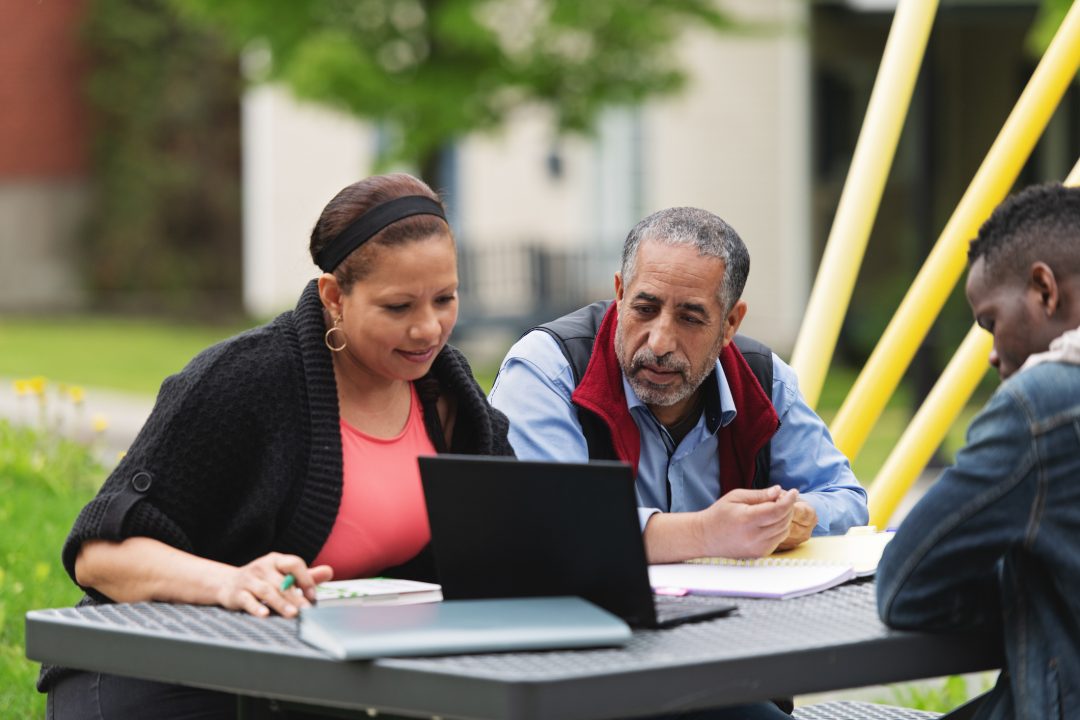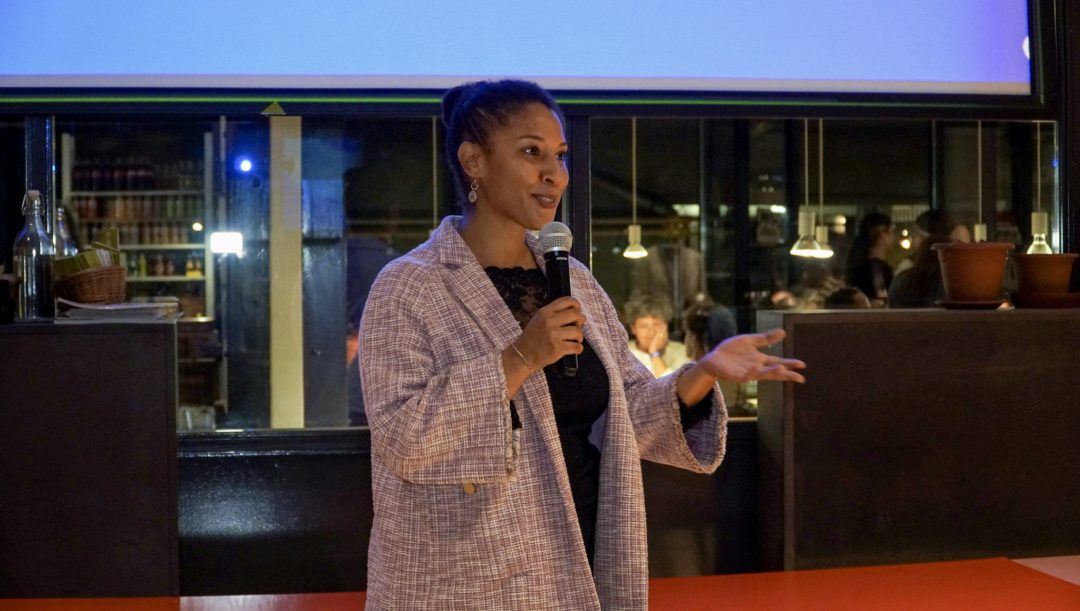
In Honduras, conflicts between indigenous communities and settlers have been going on for years, with a continuous risk of escalating into violent incidents. Unfortunately, due to its remoteness, UN officials monitoring the situation always had trouble gathering up-to-date information – leaving them unable to prevent violent confrontations at times.
Salvador Aguilera was a UN official for twelve years, working on issues related to development, human rights, and conflict prevention. As he was working in Honduras at the peak point of the conflict, he designed the roots of what would become his first startup: Eirene Data4Peace.
The company operates with one objective: collect and validate up-to-date, accurate and useful information on the main factors of conflict in complex contexts to facilitate decision-making processes by institutions and private companies.
“Preventing conflict is infinitely cheaper than resolving it, from every point of view. This is especially relevant in fragile contexts, with very little reliable information and high rates of poverty, conflict, insecurity, and vulnerability to climate change. If we had a tool like Eirene Data4Peace, I think we could have helped Honduran institutions to act preventively.”
Completely new to the entrepreneurship ecosystem, Salvador was looking for a guide that would take walk him through this unknown world. That’s when he met Alberto Olivas, a mentor at Bridge for Billions, through The Leap incubation program. Today, they’re running the company together.
We caught up with Salvador and Alberto in Madrid: here is what they told us about their unusual partnership.
Bridge for Billions: How did you start working together?
Salvador: When I joined The Leap, I was looking for two things: support and feedback. Support to maintain the spirit, the drive; and feedback to contrast ideas, refute arguments, look for alternatives. Alberto has been the best partner I could have found in both senses.
Alberto: I am restless by nature and have always worked in a corporate environment, so I felt the need to experience something outside. It seemed to me that being a mentor would allow me to contribute to the development of entrepreneurial ideas and acts as a bridge to facilitate access to this world for others.
Read more: 4 Reasons Why You Should Be a Mentor
Salvador’s idea caught my attention from the start. His value proposition was very much in line with my values and interests: high social component, international environment, linked to public institutions and based on pillars such as equality, justice, and fundamental freedom. The details of his story in our first meetings convinced me that his project needed to happen.
What were your motivations to entrepreneurship?
Salvador: In my case, there were four main motivations. The first was to solve a specific need that arose from my professional experience. The second was to apply a different perspective, completely innovative, to the fundamental themes of my career: development, human rights, and conflict prevention. The third is the desire to have the experience, wonderful and exhausting at times, to build on an idea of my own, to start from scratch. Finally, the motivation to mix three worlds daily: social, entrepreneurial and new technologies.
“I’m convinced that the solution to the world’s biggest problems depends, to a large extent, on the effective interrelationship between these three words.”
Alberto: In recent years, I have read a lot of literature about social entrepreneurship. I’m convinced that many of the global problems we have today do not have a fully effective solution from a volunteer prism or public institution (so dependent on donations, bureaucratic or focused on short terms).
The creation of hybrid companies, in which the use of business tools maximizes the resulting social value in a sustainable way (instead of the classic economic benefit) can be a way to solve these problems for good. It’s this conviction that has led me to collaborate with Salvador in this adventure.
What have been your main obstacles? How did you overcome them?
Salvador: The first was how to find answers to two basic questions: Was the idea viable from an IT point of view? And from a business point of view? The solution was given to me by Bridge for Billions through my mentors. Both Alberto and my second mentor, Alejandro, were the people who helped me answer them and find the best solution to get Eirene up and running.
Read more: Starting A Business II – Get to Know Your Customers
The second obstacle was finding a place to do the pilot. Here, we pulled agenda and patience and, finally, we signed a memorandum of understanding with the United Nations Development Program in Honduras to launch the pilot.

What’s the most difficult thing to undertake as an entrepreneur?
Salvador: For me, without a doubt, to manage the eagerness. Each step in entrepreneurship is fundamental, and each step takes time. Although it might not be at the speed you like, everything ends up coming your way – as long as things are done well of course.
Alberto: We’re moving in the social entrepreneurship sector, something more and more frequent but not very deeply rooted in society. This public-private combination forces us to merge both mentalities in our communication and branding, which has been a challenge.
If you had to advise an entrepreneur who is just beginning, what would it be?
Salvador: I would give him three: patience, patience, and patience. Well, no, four: in addition to the previous three, I’d say encouragement.
Alberto: And I would add patience… Really, there are two main qualities to be a successful entrepreneur: persistence and flexibility. The first is fundamental so as not to lose heart when things don’t come as you’d like – which happens a lot. The second is key to adapting the original idea to reality, adjusting it, fine-tuning it and, if necessary, twisting it.
What is your number 1 business tool?
Salvador: Coffee. New technologies allow us to maintain almost permanent contact with people who are far away. But I sincerely believe that sitting down and having a cup of coffee brings a different kind of communication, the exchange of ideas and the creation of trust to a level that no algorithm, no 5G, no virtual reality device can compete with.
The added value of Bride for Billions was definitely its ability to foster that strong link beside the technological aspect, and to build trust between entrepreneurs and mentors by emphasizing the human part.



